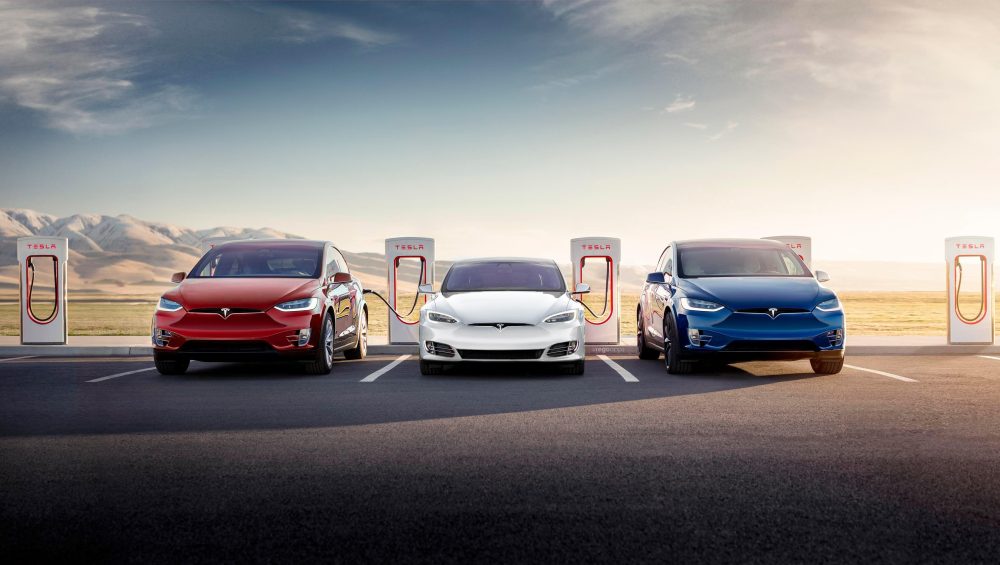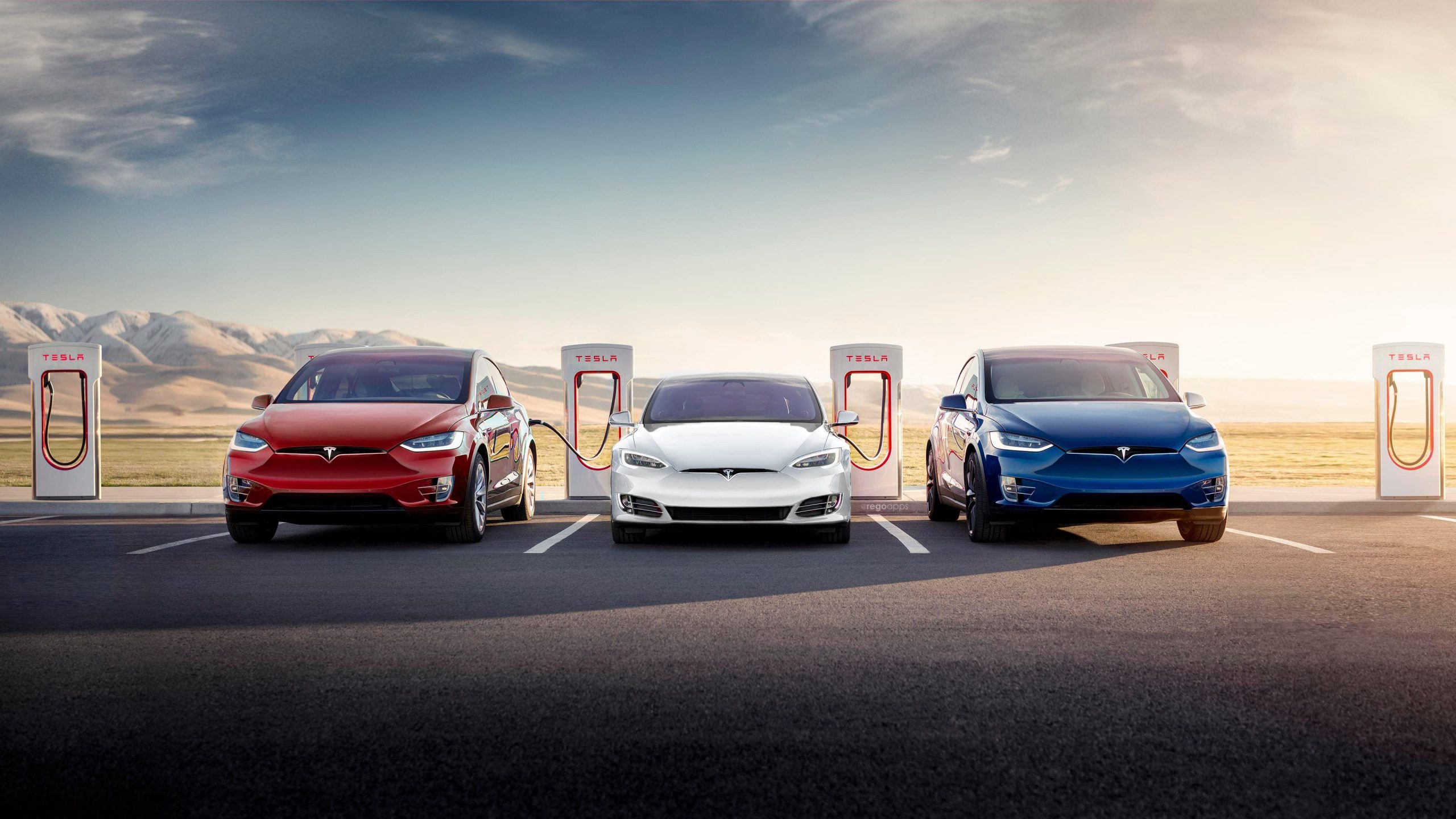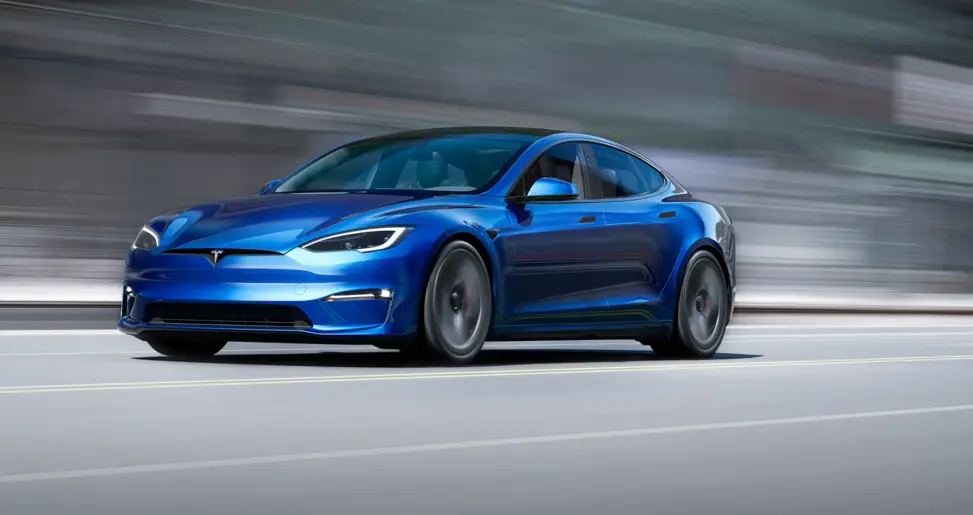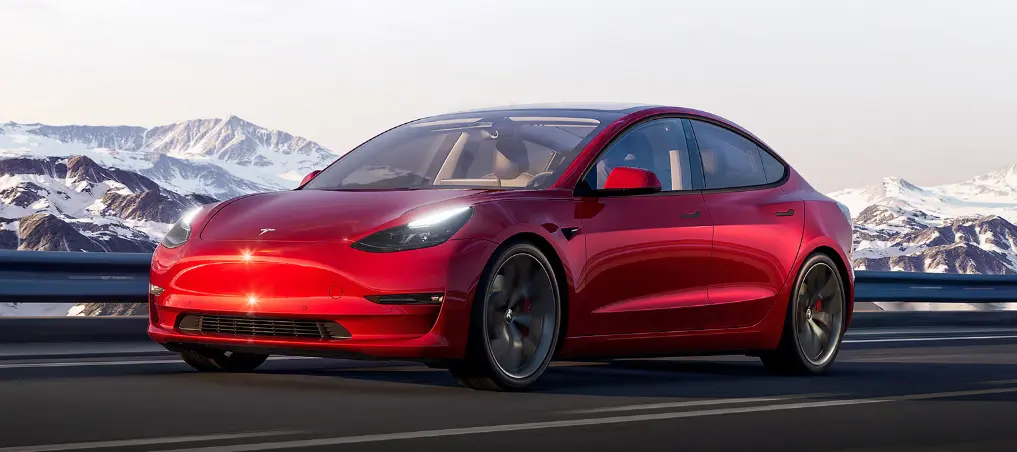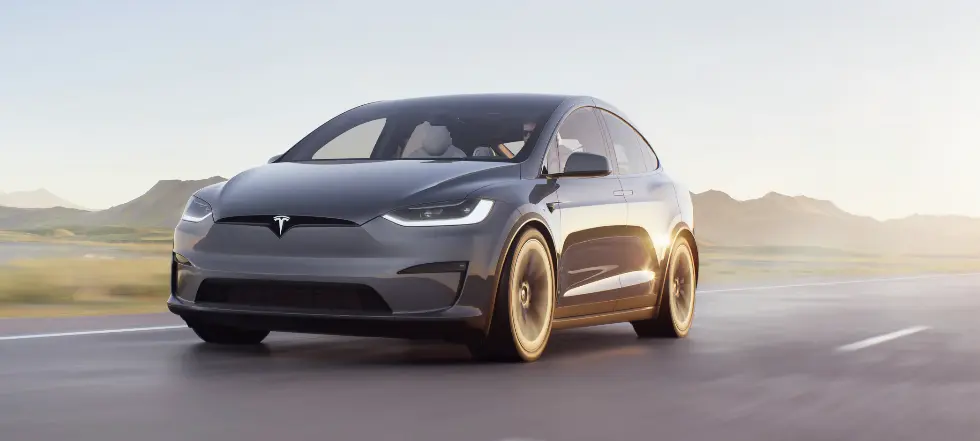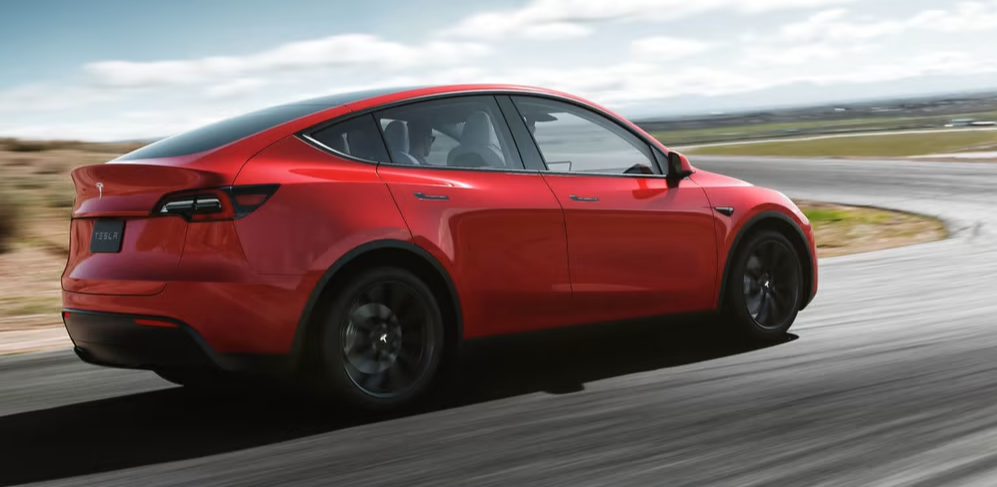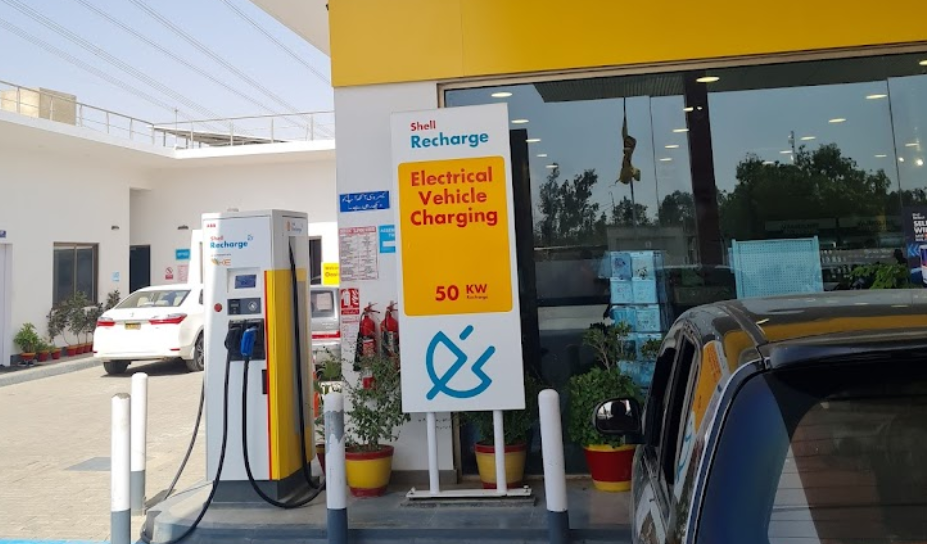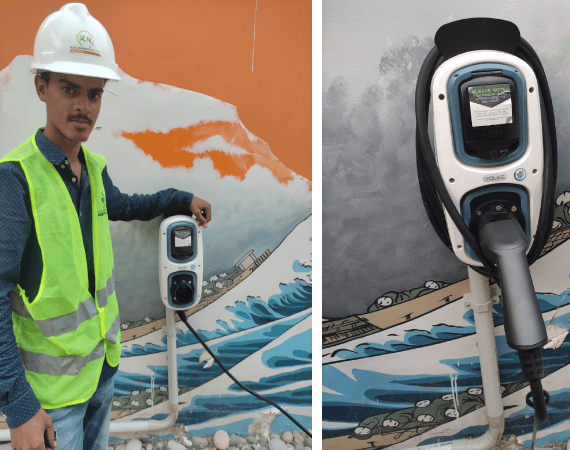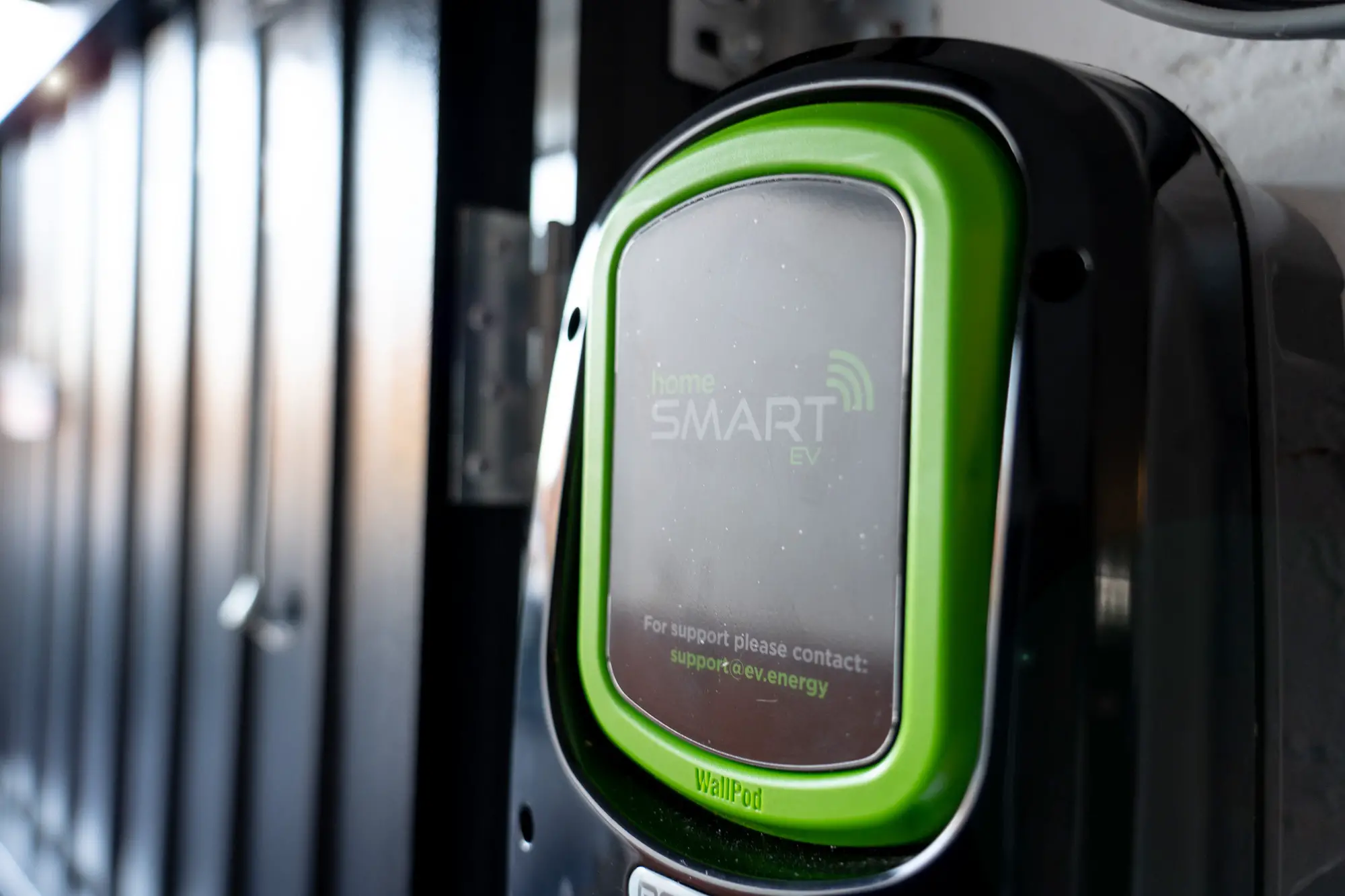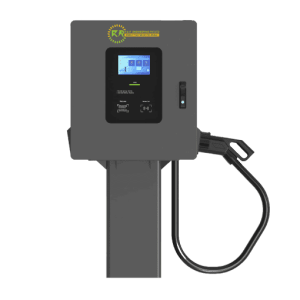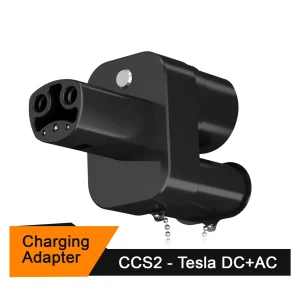EVSE Charging Stations in Pakistan: Paving the Way for Sustainable Mobility
In recent years, Pakistan has made significant strides in embracing electric vehicles (EVs) as a means to combat air pollution and reduce its carbon footprint. As part of this transition, Electric Vehicle Supply Equipment (EVSE) charging stations have become an integral component of the country’s evolving infrastructure. These charging stations play a crucial role in facilitating the adoption of electric vehicles by providing a convenient and accessible means to recharge.
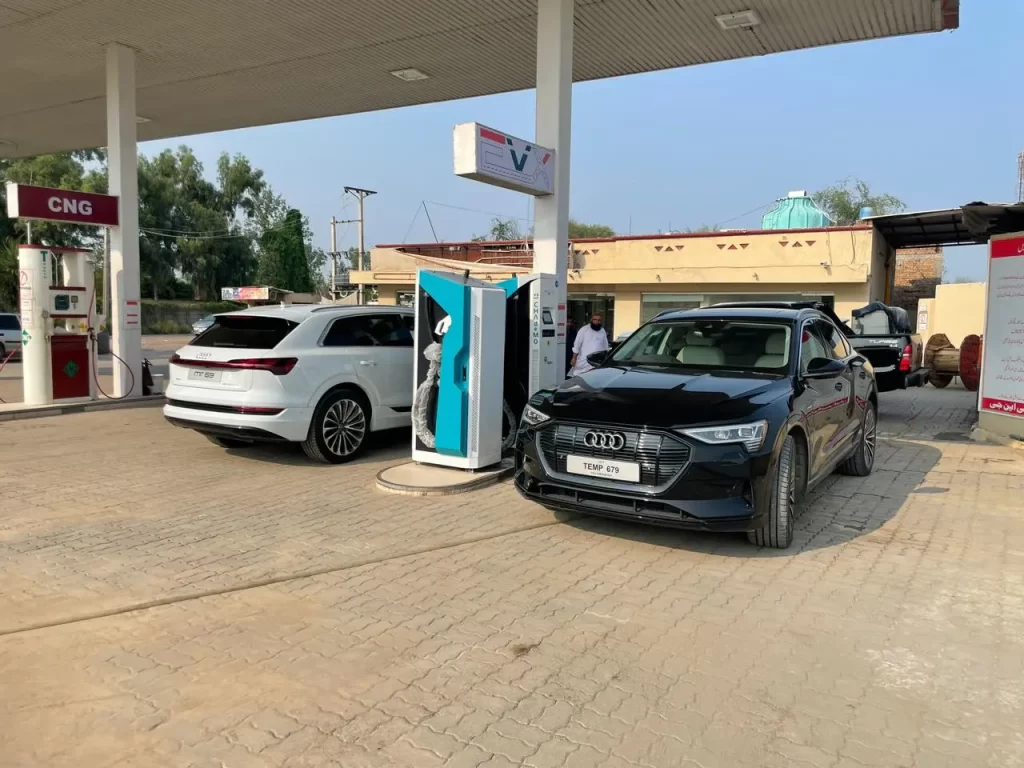
EVSE charging stations in Pakistan are contributing to the country’s efforts to transition to sustainable mobility. They are strategically located in urban centers and along highways to cater to the growing demand for electric vehicles. These charging stations are equipped with various charging levels, including Level 1, Level 2, and DC fast chargers, ensuring compatibility with a wide range of electric vehicle models.

One of the key benefits of EVSE charging stations is their contribution to reducing greenhouse gas emissions. As Pakistan seeks to address its air quality issues and reduce its reliance on fossil fuels, electric vehicles are emerging as a cleaner and more environmentally friendly alternative. EVSE charging stations play a pivotal role in this transition by providing the necessary infrastructure for EV users to conveniently charge their vehicles.
Moreover, the proliferation of EVSE charging stations in Pakistan is also driving economic growth and job creation. The installation, maintenance, and operation of these stations require a skilled workforce, leading to employment opportunities in the clean energy sector. Additionally, it opens up avenues for investment in the country’s electric vehicle ecosystem, including battery manufacturing and renewable energy production.
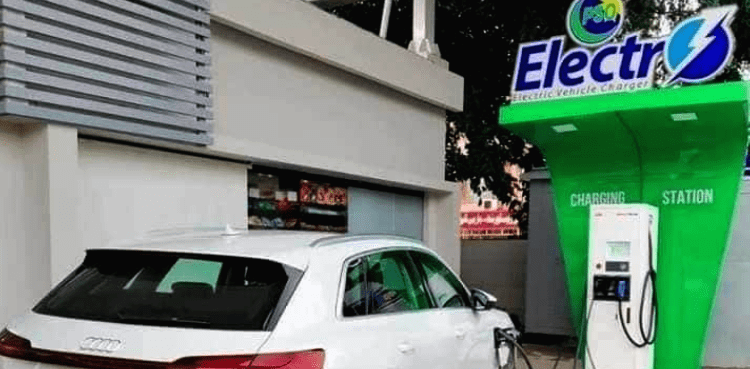
To encourage the adoption of electric vehicles and support the growth of EVSE charging stations, the Pakistani government has introduced various incentives and policies. These include tax exemptions, reduced import duties on EVs and related equipment, and subsidies for charging infrastructure development.
In conclusion, EVSE charging stations are playing a pivotal role in Pakistan’s journey towards sustainable mobility. They are not only reducing carbon emissions and air pollution but also driving economic growth and innovation in the clean energy sector. As the country continues to expand its EV infrastructure and promote electric vehicle adoption, it is well on its way to a more sustainable and environmentally friendly future.

